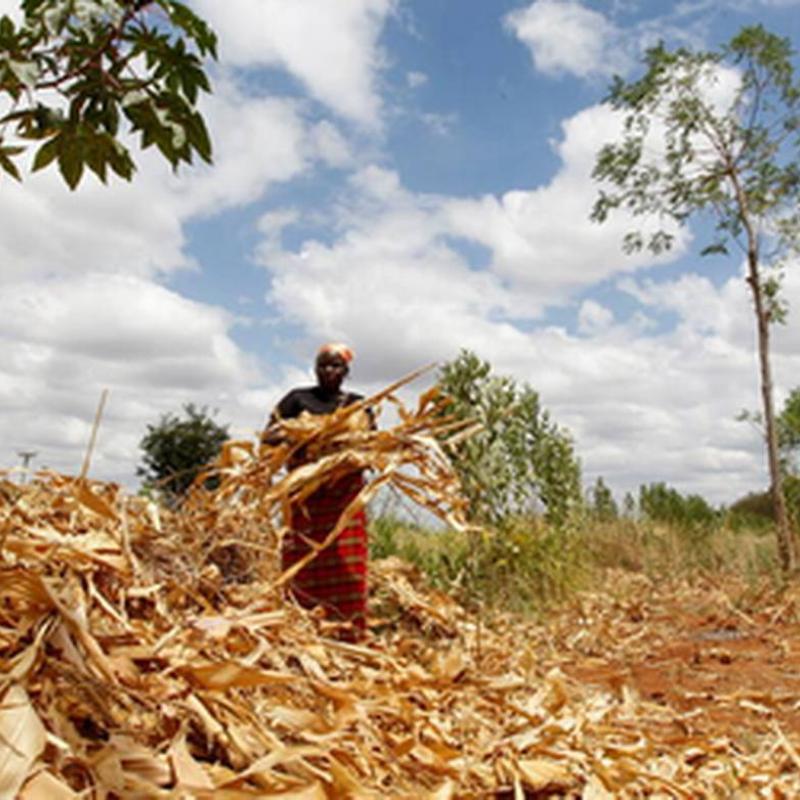
AAAP in the Media
Displaying 1 - 3 of 3
Youth Entrepreneurship and SME Development Lusophone Compact Facility Phase I
Guinea-Bissau has the highest proportion of natural wealth per capita in West Africa. In addition, the country also has a youth population that accounts to more than 50 percent, an undeniable potential to drive economic growth. The country’s economic revival requires the inclusion of women and youth in business activities. The promotion of entrepreneurship among the youth can be a promising path for providing professional opportunities for this large - and growing - population group.
To promote private sector growth through youth entrepreneurship skills development and support to small and medium-sized enterprises (SMEs) for job creation in Guinea Bissau, through:
- Fostering an enabling environment for SMEs, investors, and financial institutions
- Strengthening SMEs and SME support partners and facilitating investments to unlock value-chains
- Establishing facilities and financing to provide quality and affordable access to finance for SMEs
- Provide a financial contribution to conduct the assessment of “adaptation jobs” opportunities in the project
- Run the procurement process to contract a sub-grantee to carry out the assessment
- Participate the appraisal missions and review the appraisal report of the project with regards to “adaptation jobs”
- Support project team to provide clarity on climate change adaptation and resilience in the appraisal report and define the target for “adaptation jobs” in the result framework of each project
- Define adaptation measures for testing during the assessment and further be recommended to the project implementation teams
- Enhance youth entrepreneurship skills and Enterprise Support Organizations operational capacities for sustainability
- Establish a facility for the development of SMEs and access to finance
- Promote linkages between SMEs and large size enterprises to ease access to markets
- Develop a digital platform to connect SMEs between themselves, with customers and large enterprises.
- Building the capacity of SMEs in growing their businesses and their readiness for financing, including women and youth-led SMEs
- Strengthened financial sector including the type of innovative financial instruments to help SMEs access quality and affordable financing for SMEs
- Improved linkages between SMEs and large-scale enterprises to enhance ease of access to markets
- Unlocked key value chain efficiency and quality constraints
AfDB investment USD 10.5 Million
Reinforcing Resilience to Food and Nutrition Insecurity in the Sahel (P2-P2RS)
The Sahel, which lies between the Sahara Desert to the north and tropical savannas to the south, is one of the largest semi-arid/arid sub-regions globally. As such, the region is highly vulnerable to climate change and other uncertainties. The impacts of climate change may have critical socio-economic consequences for the Sahel, including poor agricultural yields, increased frequency of natural disasters. Already, the number of people in the Sahel suffering from chronic food and nutrition insecurity, poverty and vulnerability to the effects of climate change is rising steadily.
A lasting solution to food and nutrition insecurity in the Sahel requires building resilience to climate change, long-term agricultural sector financing and developing trade and regional integration. Sustained, longer-term investments in household resilience can significantly reduce the cost of emergency assistance, ultimately breaking the cycle of recurring famine. This is the most cost-effective intervention option which meets the basic needs and preserves the dignity of the populations of the Sahel. This idea is central to the Programme to Build Resilience to Food and Nutrition Insecurity in the Sahel (P2RS)
The overall objective of the P2-P2RS is to contribute to the substantial improvement of the living conditions and the food and nutritional security of the populations of the Sahel region.
Specifically, the program aims to i) strengthen the resilience to climate change of agro-sylvo-pastoral producers, including through promotion of climate-smart agricultural technologies in the Sahel and the development of climate intelligent villages; ii) develop the agro-sylvo-pastoral value chains, including through the development and improvement of hydro, meteorology and climate services; and iii) support regional institutions (CILSS, APGMV, CCRS) to strengthen adaptive capacity in the Sahel.
- Design digital adaptation solutions (Digital Climate Advisory Services, DCAS) for the Sahel context
- Investment readiness and infrastructure, institutional and farmer capacity needs for DCAS
- Feasibility study to integrate DCAS into agricultural extension and agrometeorological advisory to smallholder farmers and pastoralists
- 1 million rural households have access to digital or data-enabled climate-smart technologies
- 500,000 smallholders have adopted adaptation practices
- 5 million smallholders have access to climate services;
- Development and improvement of hydro, meteorology and climate services
- The development of climate-intelligent villages
- Promotion of climate-smart agricultural technologies in the Sahel
- Resilience to food and nutrition security built for the targeted populations
USD 300 million
